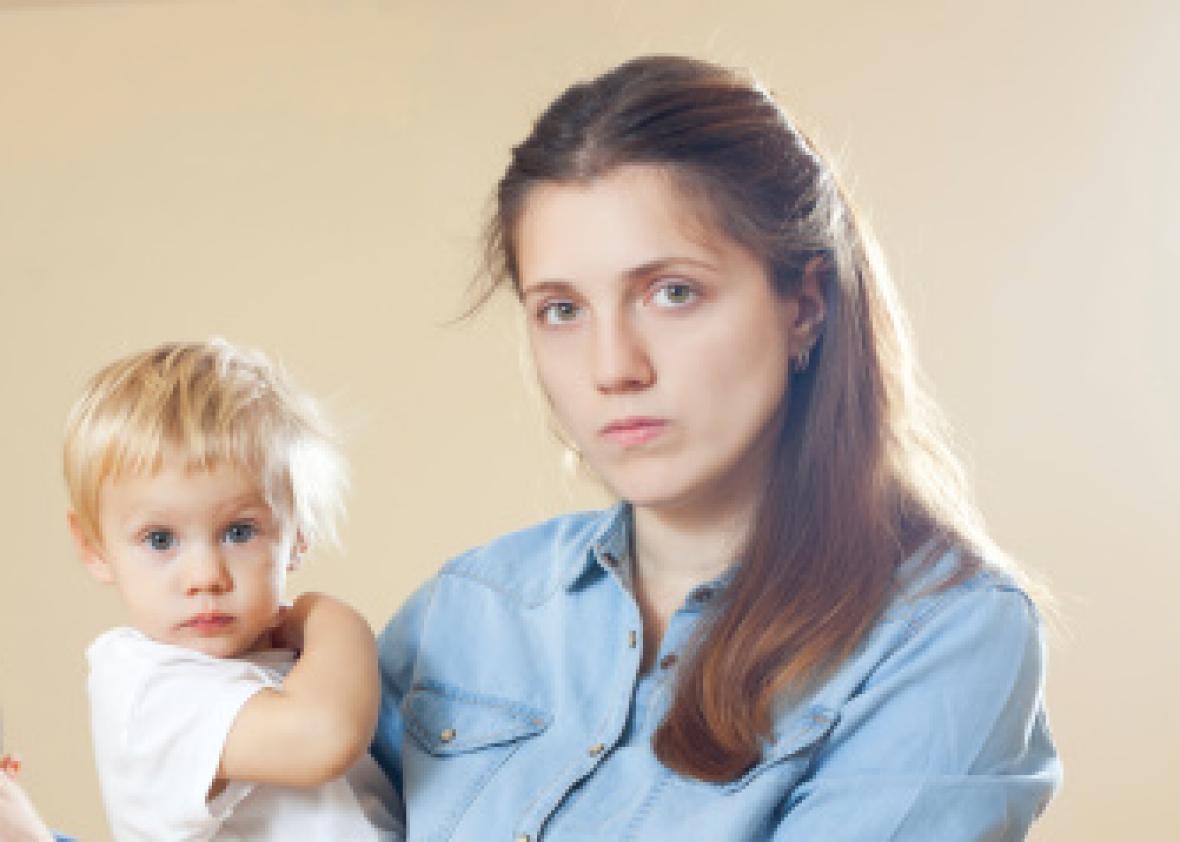For her 2015 book All Joy and No Fun: The Paradox of Modern Parenthood, Jennifer Senior expanded her popular New York magazine article looking at why parents tend to be unhappier than non-parents. She chronicles the shift in parenthood over the past century, during which children have become “economically worthless but emotionally priceless,” as sociologist Viviana A. Zelizer put it, and the culture of intensive parenting that has formed around this paradigm. Senior also draws a distinction between the “experiencing self” and the “remembering self.” The former exists in the present moment and would much rather watch television than wrestle his kids into bed. The latter is our inner Proust, whose recollections of the time spent with children fill him or her with far more joy than recollections of time spent with Netflix.
What I took away from Senior’s work is that parental happiness is no less kaleidoscopic than general happiness. It’s shape-shifting and hard to quantify; one’s perception of it depends a lot on the time of day, the weather, and one’s blood sugar levels. But the fact that parental happiness is complicated doesn’t mean we should give up on trying to improve it. New research from sociologists Jennifer Glass, Robin Simon, and Matthew Andersson offers some insight into how that can be done.
The team compared happiness data from 22 European and English-speaking countries taken from 2006 through 2008. They discovered that the parental “happiness penalty” is not inevitable, and varies substantially from country to country. In some places, including Norway and Hungary, parents are happier than adults without children. The United States, unfortunately, sits much closer to the other end of the spectrum: Parents here, compared to non-parents here, report being the unhappiest of them all. The “happiness shortfall” in the United States was “significantly larger” than the gap found in Great Britain and Australia.
Glass, Simon, and Andersson also compared the relative costs, in time, money, and energy, of raising children in each country and the amount of support given to parents by the government. These include “the duration and generosity of paid parenting leave, the number of annual paid sick and vacation days guaranteed by law, the cost of child care for the average two-year-old as a percent of median wages, and the extent of work schedule flexibility offered to parents of dependent children.” What they found will not come as much of surprise to parents with young children in the United States today.
“The negative effects of parenthood on happiness were entirely explained by the presence or absence of social policies allowing parents to better combine paid work with family obligations. And this was true for both mothers and fathers,” the briefing states (italics in the original). “Countries with better family policy ‘packages’ had no happiness gap between parents and nonparents.”
Not only did parents get a happiness boost from family-friendly government policies, but non-parents reported feeling better, too. They also benefit from guaranteed sick days (children aren’t the only group that gets sick) and vacation days, not to mention the intangible benefit of living among families whose daily life isn’t polluted by instability and fear. Interestingly, monetary government subsidies, whether in the form of child allowances or monthly payments, had less of an effect on happiness than policies that make it easier for parents to combine work and parenting.
The practical burden that a lack of government support puts on parents is obvious. The psychic one, less so. In a recent essay on Literary Hub, writer and Slate contributor Belle Boggs examines “the loneliness of the working mother or working parent who accommodates our broken child care and parental leave system.” Boggs says this loneliness “comes not from leaving your child, but from trying to make hard, sometimes impossible-feeling work—organizing child care, paying for child care, and working through the times when there is no child care—invisible.” Boggs’ essay focuses on the academic and writing world, but that invisible feeling is not limited to that sphere.
The unhappiness American parents feel isn’t just because of a lack of government support, but the assumption behind it: that we must do everything on our own. So many of us operate this way, rendering our childcare and domestic efforts “invisible,” because that’s what society tells us we should do. If a child gets sick, like mine is right now, we hesitate to talk about it—least of all in professional settings. Last night I was awakened by my flushed and sweaty son at 3 in the morning, and I spent the rest of the night physically accommodating him as he fluctuated between fever and chills. There’s no logical explanation for as to why he never goes to his father’s side of the bed, just that for all our attempts to co-parent, for the equally unconditional love bestowed upon him by both us, he is drawn only to me when he is downtrodden.
These aren’t stories we tend to bring up to colleagues and bosses, no matter than their impact on us, for some good reasons. Such nights are common for parents; feverish children are an ordinary trauma, like dental work or traffic jams. Few are eager to hear the retelling. But another reason we hesitate to tell these stories is that we live in culture that tells us that we are supposed to endure childrearing on our own. The expectation that others should care or accommodate our worn-out bodies is foolish, even uncouth. My sick child is not anyone’s problem but my own, says our lack of a federal paid sick leave policy. My newborn is not anyone’s problem but my own, says our lack of a federal paid parental leave policy. Early childhood education and childcare is not anyone’s problem but my own, says the lack of affordable, high-quality childcare. That the road to happiness is, as the report tells us, paved with more support for parents comes as no surprise at all.
